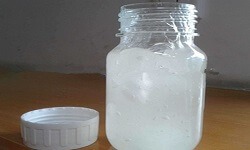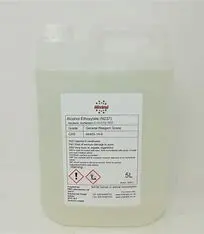Cetyl Alcohol - Indonesia
|
IUPAC Name |
: Hexadecan-1-ol |
|
Cas Number |
: 36653-82-4 |
|
HS Code |
: 38237010 |
|
Formula |
: C16H34O |
Basic Info
|
Appearance Name |
: waxy white powder or flake form |
|
Common Names |
: Hexadecanol |
|
Packaging |
: 20 kg paper bag |





 English
English
 Indonesian
Indonesian
 简体字
简体字
 العربية
العربية
 Español
Español
 Français
Français
 Português
Português
 日本語
日本語
 한국어
한국어
 Tiếng Việt
Tiếng Việt
